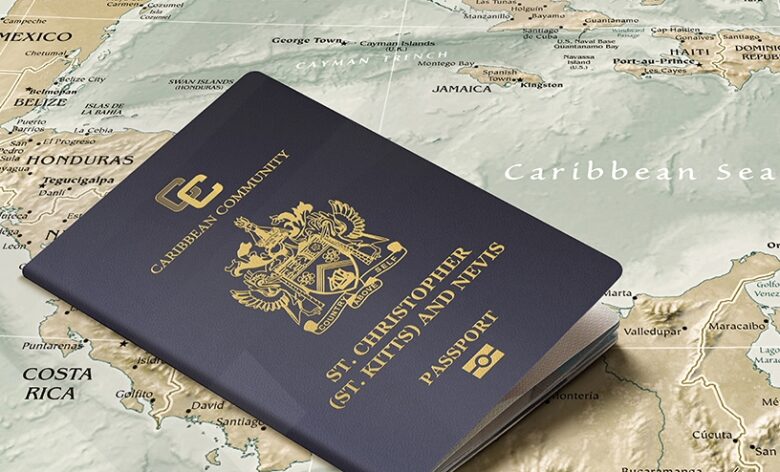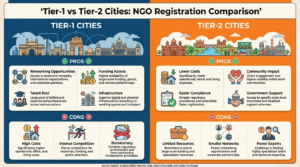When the word Caribbean is mentioned, many conjure up images of pristine beaches, crystal-clear waters, and a laid-back lifestyle. But this tropical paradise offers more than just breathtaking beauty—it also serves as a strategic gateway to enhanced global mobility through its dual citizenship offerings. A particularly compelling route to Caribbean dual citizenship is through real estate investment, a unique pathway that offers tangible returns on investment and the valuable advantage of a second passport. This article provides an in-depth examination of how investing in Caribbean real estate can unlock opportunities for increased global mobility.
Understanding Citizenship by Investment
Several Caribbean nations offer Citizenship by Investment Programs (CIPs). These programs allow foreign nationals to obtain citizenship or permanent residency in return for a significant contribution to the country’s economy, often in the form of a donation, business investment, or real estate purchase. Caribbean countries such as Antigua and Barbuda, St. Kitts and Nevis, Dominica, and Grenada have popular CIPs that specifically offer the option to invest in approved real estate projects.
The Intersection of Investment and Global Mobility
Investing in real estate within a Caribbean CIP framework offers dual benefits – a potentially profitable investment venture and enhanced global mobility. How so?
- Profitable Real Estate Venture: The Caribbean’s robust tourism sector translates into high demand for vacation rentals. This high demand results in lucrative rental yields for real estate investors. In addition, the possibility of property value appreciation over time cannot be discounted, given the Caribbean’s international appeal.
- Enhanced Global Mobility: Caribbean citizenship gained through CIPs grants visa-free or visa-on-arrival access to many countries worldwide, thereby improving your global mobility. For instance, a St. Kitts and Nevis passport allows visa-free travel to over 150 countries, including member states of the European Union, the United Kingdom, and many others.
The Road to Dual Citizenship through Real Estate Investment
Each Caribbean country that offers a CIP has specific regulations and requirements, but the general process follows a similar pathway:
- Choose a Suitable Country and Program: Research the real estate investment options and citizenship benefits of each country. Consider factors like minimum investment amount, property options, processing time, and global mobility benefits.
- Select a Real Estate Project: The selected country will have a list of approved real estate projects for investment. These could range from luxury resorts to residential properties.
- Apply for the CIP: With the help of a legal advisor, you’ll need to prepare an application that includes due diligence checks, the source of funds verification, and the real estate purchase agreement.
- Make the Investment: Upon approval, you’ll finalize the real estate purchase and make the investment.
- Acquire Citizenship: After completing the investment and meeting all other requirements, you’ll receive a certificate of registration, which can be used to apply for a Caribbean passport.
Conclusion
Through real estate investment in the Caribbean, individuals gain more than just a potentially profitable venture—they also unlock the door to dual citizenship and increased global mobility. This path offers an advantageous blend of lifestyle improvement, investment return, and global access. Of course, it’s essential to get expert advice when considering such an investment to ensure that it aligns with your personal and financial goals. Nevertheless, the potential benefits of dual citizenship through Caribbean real estate investment are undeniably attractive, making it a worthy consideration for those seeking both economic prosperity and greater freedom to move throughout the world.





Be First to Comment